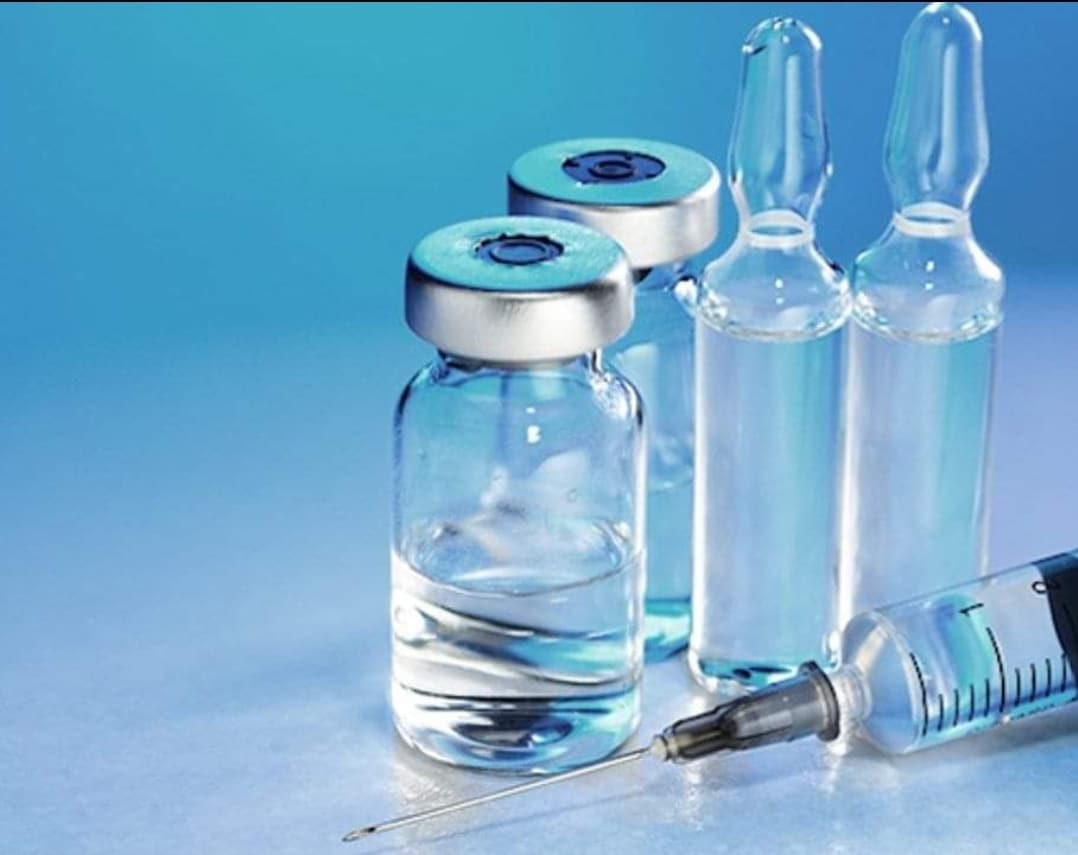USP Residual Solvent Testing in Parenterals
The pharmaceutical industry places a critical emphasis on quality and safety. Ensuring that parenteral products are free from residual solvents is paramount to safeguarding patient health. This service focuses specifically on United States Pharmacopeia (USP) Chapter 716: Residual Solvent Testing for injectable and parenteral pharmaceutical products.
The USP's stringent guidelines aim to identify and quantify residual solvents that can potentially contaminate the final product during manufacturing. These solvents, such as benzene, toluene, and methanol, are commonly used in pharmaceutical processes but must be removed or controlled to meet safety standards.
Our service employs a comprehensive approach to ensure compliance with USP Chapter 716 requirements. This includes:
- Advanced analytical techniques like Gas Chromatography (GC) for precise quantification of solvents
- Thorough sample preparation and handling procedures
- Comprehensive reporting aligned with USP guidelines to provide detailed test results
- Expert interpretation of findings to ensure actionable insights
The process begins with the selection of appropriate solvent classes based on the product's formulation. The chosen solvents are then analyzed using GC equipped with a Flame Ionization Detector (FID) for accurate quantitation. This ensures that all residual solvents fall within acceptable limits as defined by USP standards.
Our team adheres strictly to USP Chapter 716, which mandates the use of validated methods and equipment. Compliance is further enhanced through meticulous quality control measures at every stage of the testing process.
The importance of this service cannot be overstated given that residual solvents can have adverse health effects if present in high concentrations. By providing reliable data on solvent levels, we help our clients meet regulatory requirements while ensuring patient safety.
To summarize, USP Residual Solvent Testing in Parenterals is a critical step in the quality assurance process for injectable and parenteral pharmaceutical products. It ensures that these life-saving medications are free from potentially harmful residual solvents, thereby upholding the highest standards of healthcare.
Scope and Methodology
The scope of our service encompasses the following key areas:
| Aspect | Description |
|---|---|
| Solvent Classes | We analyze all classes of solvents as defined in USP Chapter 716, including benzene, toluene, ethylbenzene, xylenes, n-hexane, and others. |
| Sample Preparation | Samples are prepared according to USP guidelines, ensuring that they are suitable for GC analysis. This includes appropriate dilutions and derivatization where necessary. |
| Analytical Methods | We use Gas Chromatography (GC) equipped with a Flame Ionization Detector (FID) for accurate quantification of residual solvents. |
| Validation | All methods are validated in accordance with USP Chapter 716 and other relevant standards to ensure accuracy and precision. |
The methodology we employ ensures that all tests adhere strictly to the USP guidelines. Our approach guarantees accurate, reliable results that can be used for regulatory compliance purposes.
| Method Validation Parameters | Description |
|---|---|
| Sensitivity | Detection limits are well below the USP upper limit of 2,000 parts per million (ppm). |
| Precision | Repeatability and reproducibility are within ±1% relative standard deviation. |
| Linearity | The method is linear over the range of 2,000 to 10,000 ppm for each solvent class. |
| Cross-contamination | No cross-contamination between different solvents in the same batch or subsequent batches. |
By adhering to these stringent parameters, we ensure that our results are reliable and can be trusted for regulatory submissions. Our commitment to accuracy and precision is reflected in every aspect of this service.
Benefits
Compliance with USP Chapter 716 requirements, ensuring product safety.
Reduction in risk of adverse health effects due to residual solvents.
Increased confidence in the quality and reliability of your pharmaceutical products.
Streamlined regulatory submissions by providing detailed test results.
Prompt identification of potential issues during production, facilitating timely corrective actions.
Enhanced reputation among clients and stakeholders due to adherence to stringent quality standards.
Our service not only meets but exceeds the expectations set by USP Chapter 716. By partnering with us, you ensure that your injectable and parenteral products are safe, reliable, and compliant with international standards.





